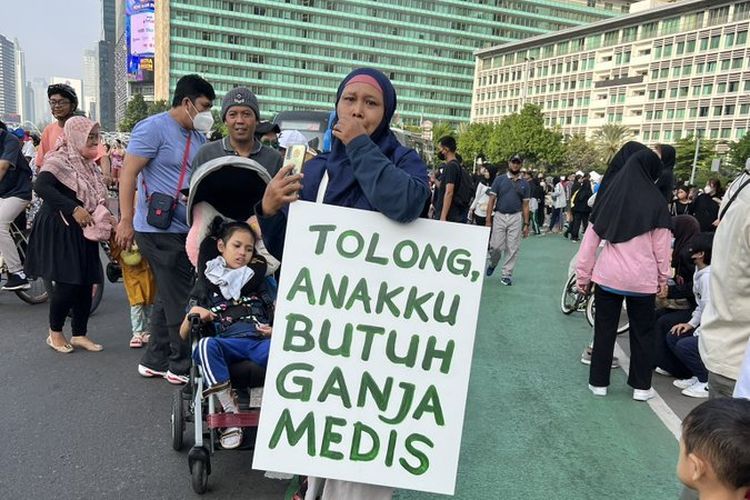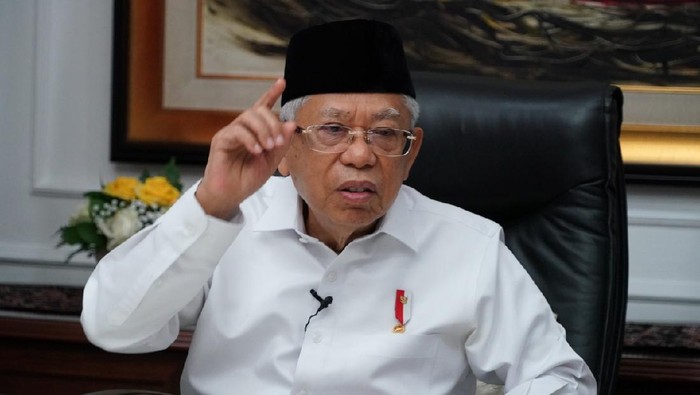Indonesia just got one of the unlikeliest proponents for medical marijuana: Vice President Ma’ruf Amin.
Ma’ruf, who chaired the Indonesian Ulema Council (MUI) — the highest Islamic clerical body in the nation — before becoming President Joko Widodo’s second-in-command, today called on his former organization to issue a fatwa (religious edict) allowing marijuana use for medical purposes.
“MUI has to immediately issue the fatwa,” he said.
“But don’t get overboard and create harm from this. With marijuana, there are varieties, and so MUI’s fatwa has to take that into account.”
The topic was thrust into the spotlight in Indonesia after singer Andien posted a photo of a woman named Santi Warastuti, who is pleading for legal concessions for medical marijuana in order to ease the suffering experienced by her daughter, who has cerebral palsy.

Santi, along with two other mothers whose children suffer from conditions that can be relieved by medical marijuana, filed a legal challenge against Indonesia’s prohibition of all forms of marijuana with the Constitutional Court (MK) in 2020.
MUI says it will soon hold discussions about a fatwa approving medical marijuana, which would be a huge boost to Santi’s legal review.
Both the government and the House of Representatives (DPR) this week pledged to consider studies advocating marijuana for medical use.
The possibility of medical marijuana becoming legal in Indonesia inevitably reminds us of Fidelis Arie Sudewarto, an Indonesian man who was sentenced to eight months in prison in 2017 for growing marijuana used to treat his dying wife. Though Fidelis’ final sentence was still harsher than what his supporters or even the prosecution had hoped for, it could still be considered a merciful one as Indonesia’s notoriously harsh drug laws carry a maximum charge of a life sentence.
At the time, the sympathy and support Fidelis earned throughout his case seemed like a possibility to at least start a discussion on legalizing medical marijuana in the country, in the hopes that others like Fidelis’ wife need not suffer in the future.
Executing drug traffickers, for which Indonesia has been criticized internationally, has been criticized as an ineffective measure. In recent years, the executions to battle what the government describes as Indonesia’s growing “drug emergency” seems to have done nothing to stop the increasing number of drug users in the country (according to the government’s own data). Many experts argue that the real problem is in fact the rampant corruption in Indonesia’s prisons, legal system, and law enforcement agencies.




